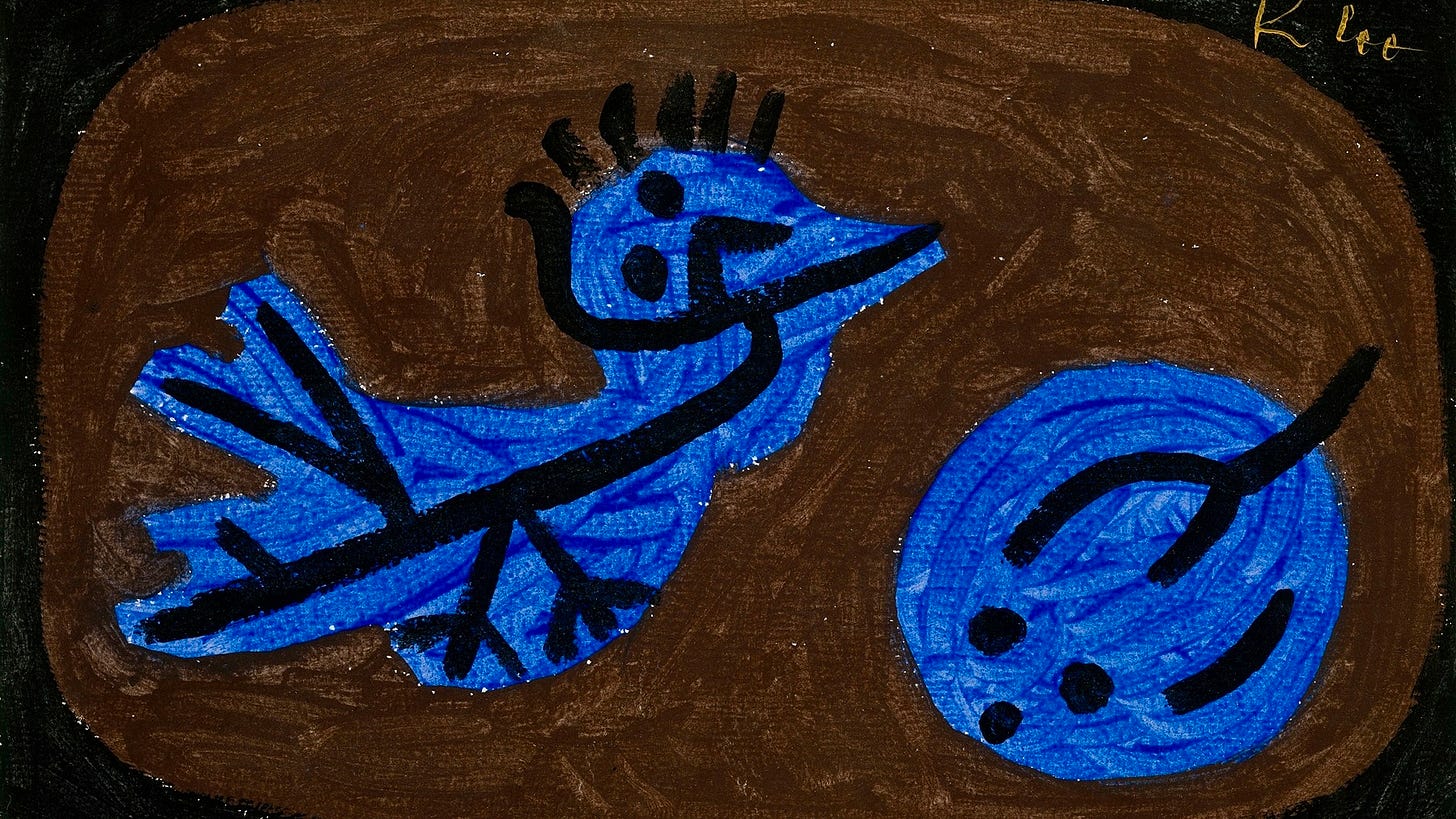Having Ridiculous Ideas Doesn't Make You a Bad Person
What a PhD thesis on smell teaches us about the madness of crowds.
It was one of those Internet controversies that was common back in the day, and mercifully no longer is. That’s why it stood out this time.
The controversy would usually go something like this. A young man or woman would post something on social media that was either absurd or un-self-aware or both. One person would attack, then another, the algorithm …




